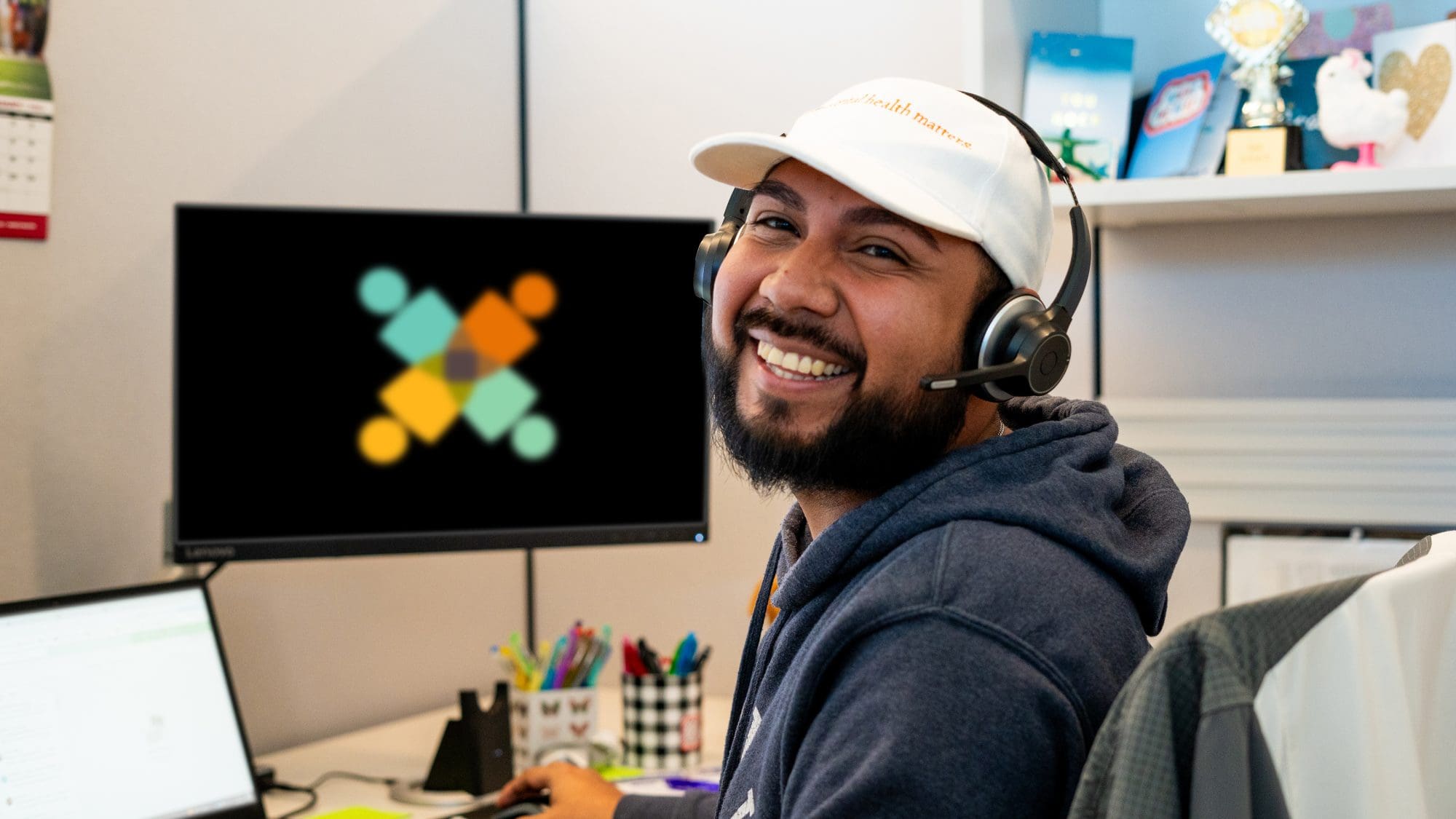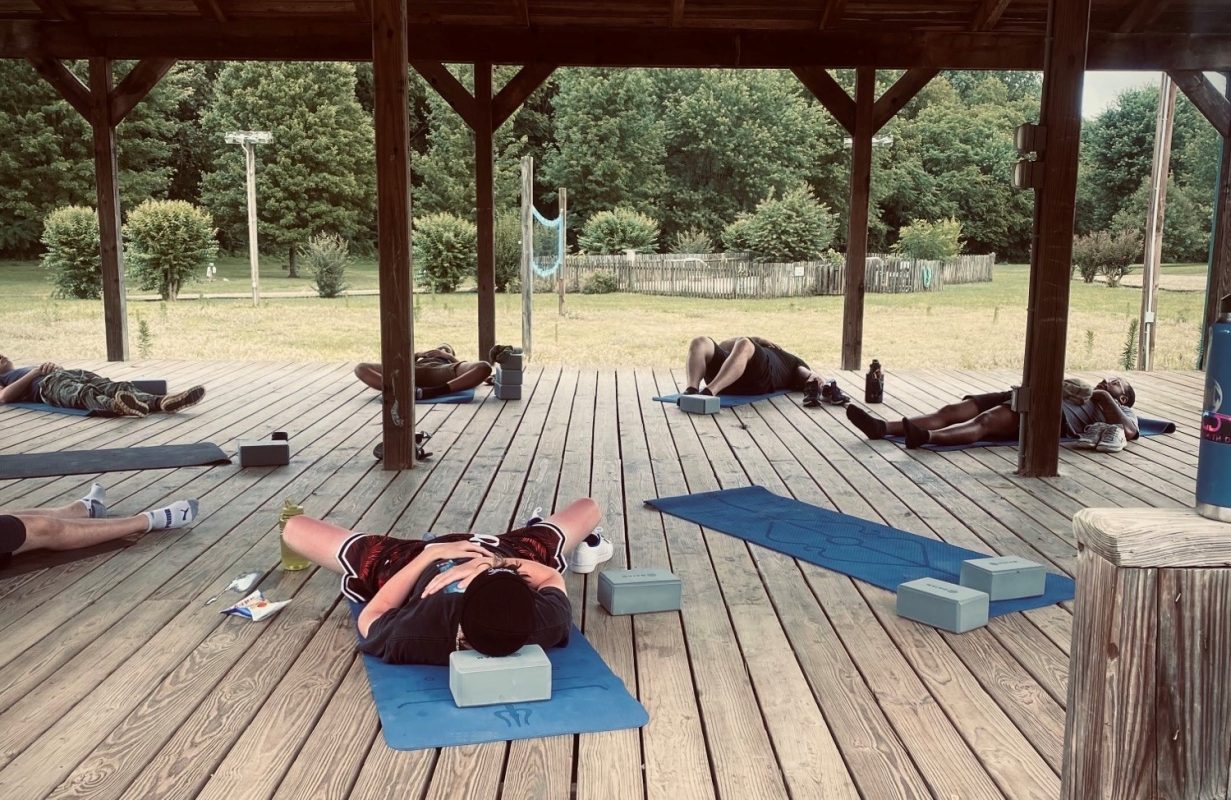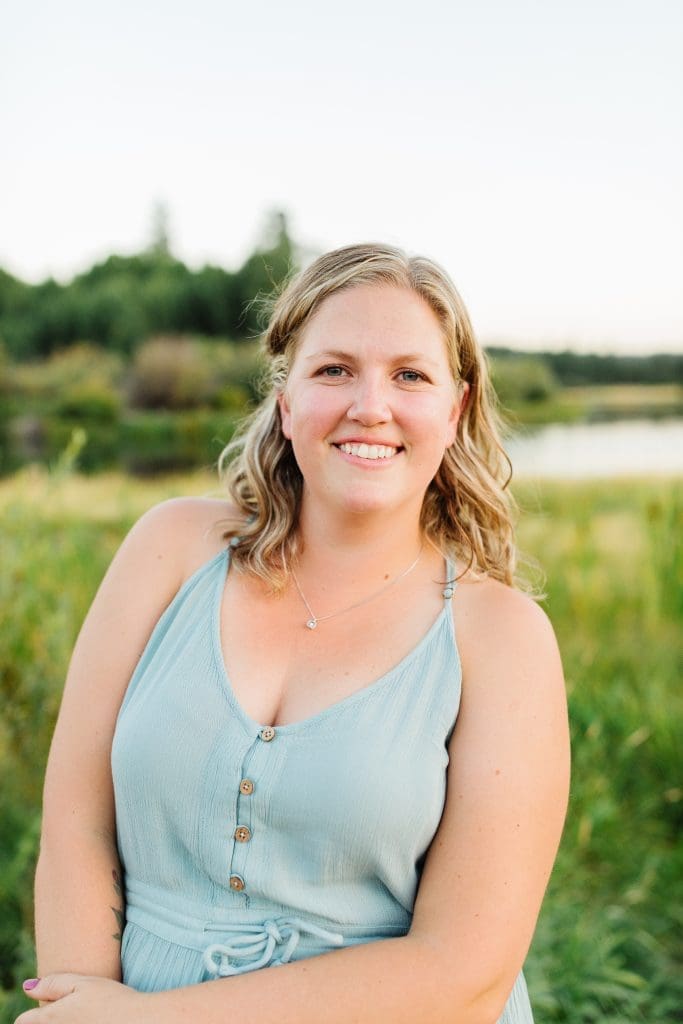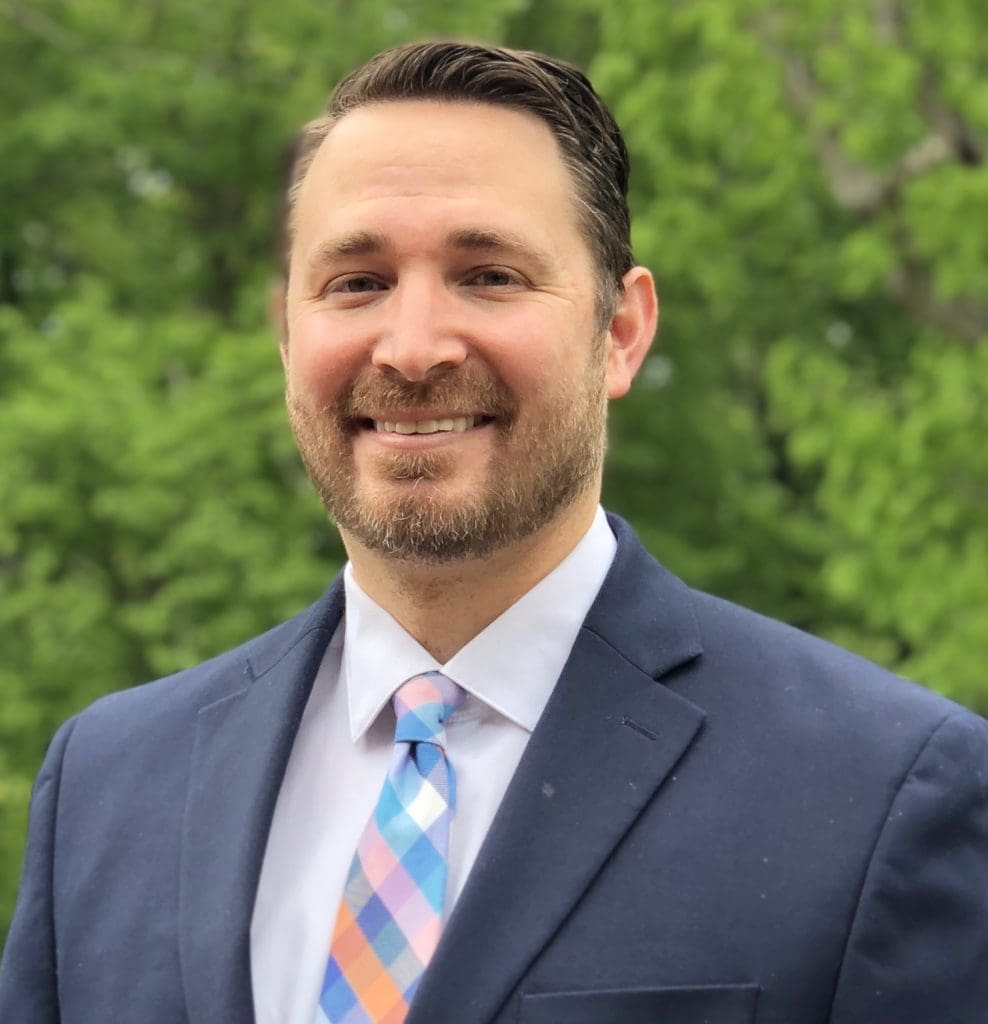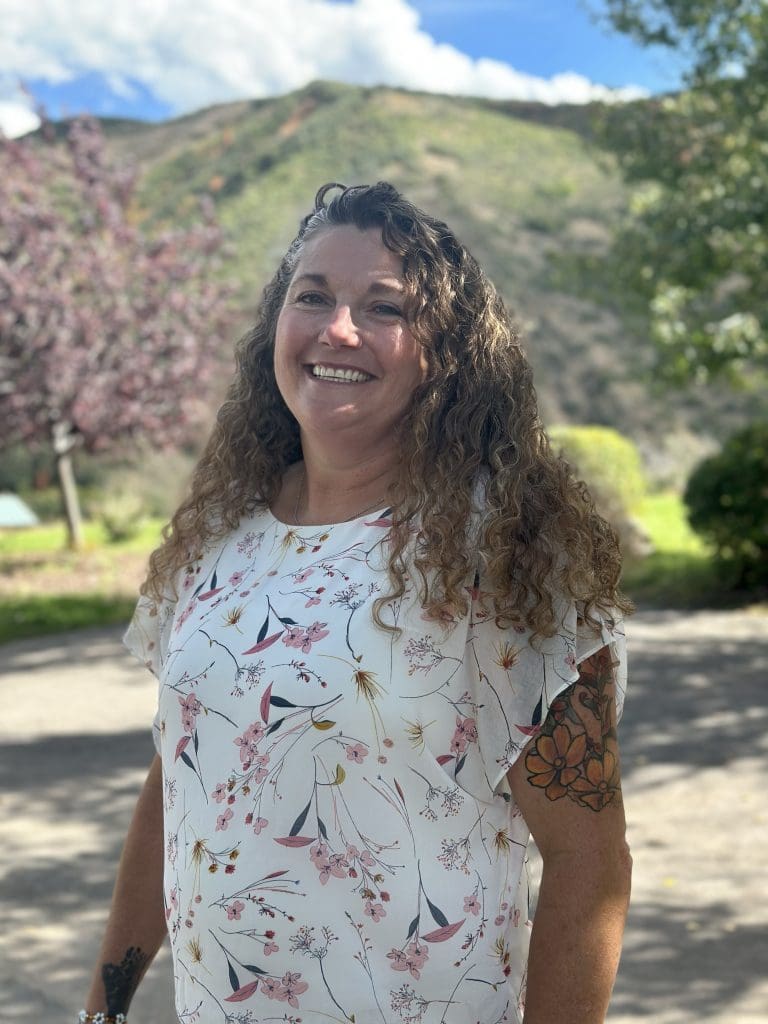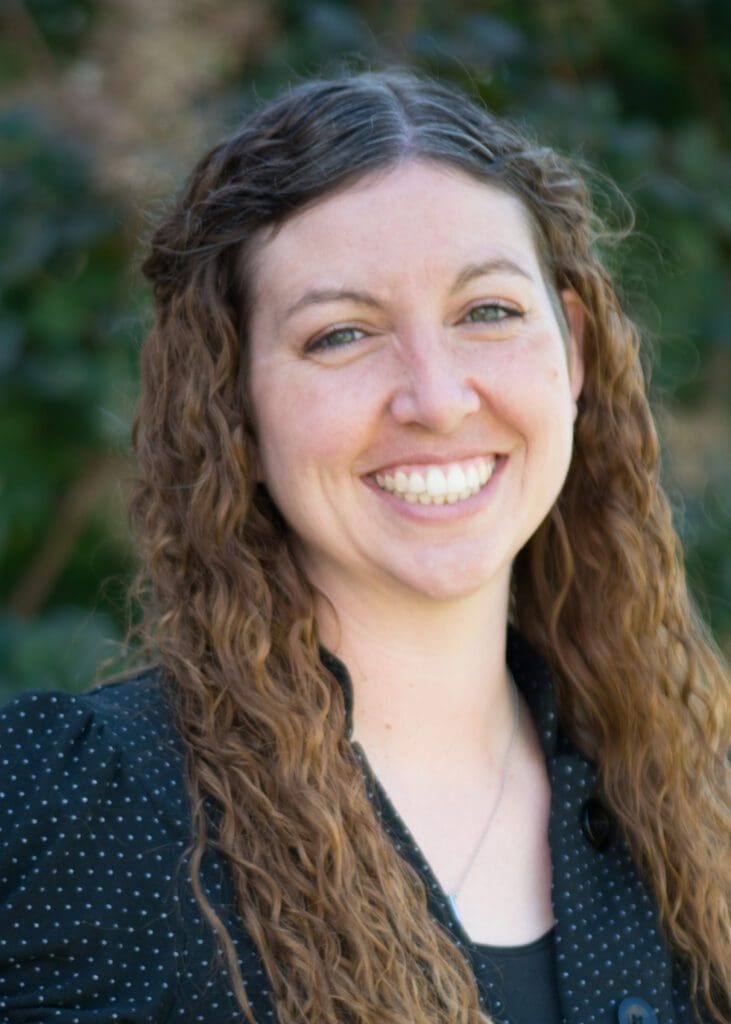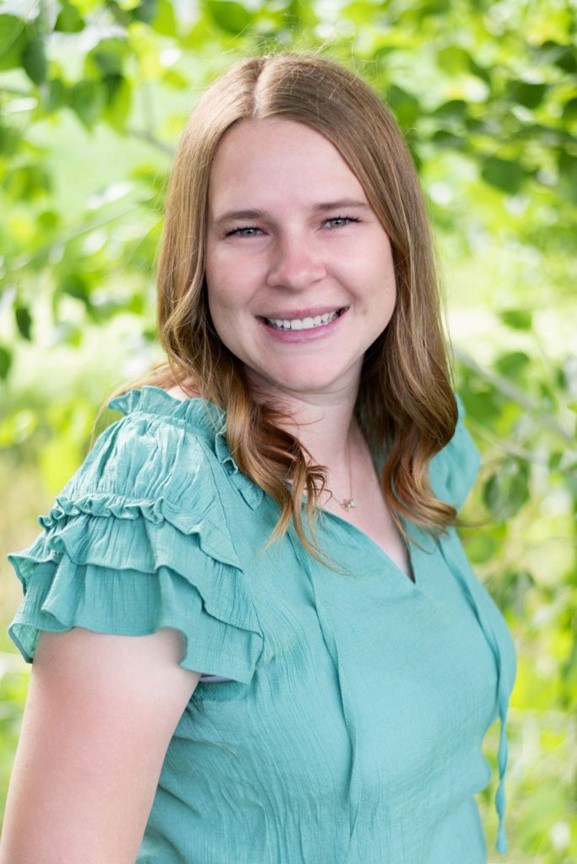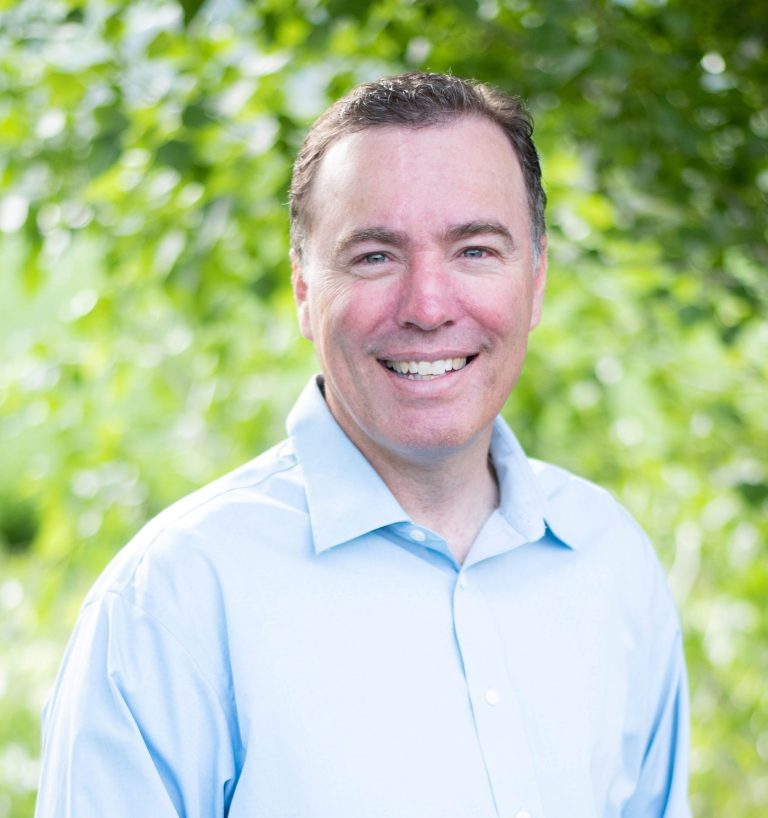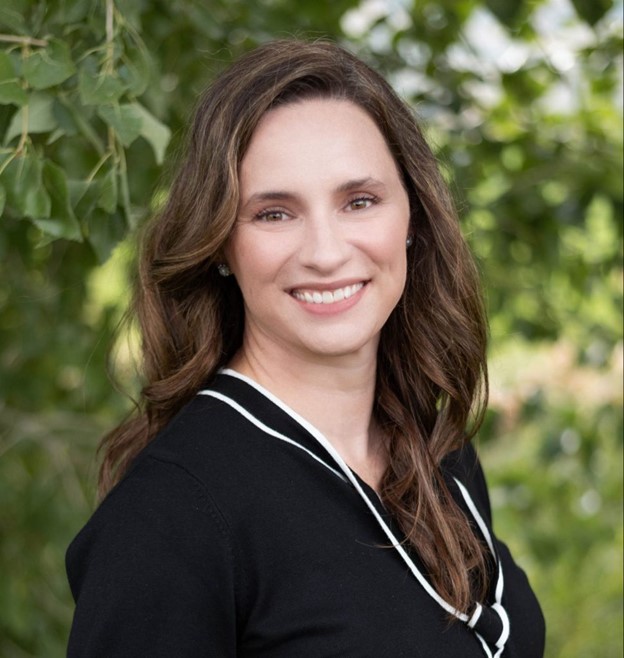Residential Treatment Centers (RTCs) for Teens and Youths
What Is a Residential Treatment Center?
A residential treatment center (RTC), also called a residential treatment facility, residential program, or rehab center, is a place where adolescent, teen, and young adult youths can experience 24-hour care, pursuing therapy away from the stress of their home environment.
Kennedy Testimonial for Embark Residential Care for Young Girls
What To Know About Residential Treatment Centers (RTCs) for Teens and Youths
Age Range Served
adolescents, teens, and young adults ages 9-28Genders Served
male, female, non-binary, LGBTQ+Treated
mental health and substance use issuesAverage Length of Treatment
90 days to 6 monthsHow Can an RTC Help Teens and Youths?
A residential treatment facility can help by providing youths with a safe space for nurturing 24-hour care where they can focus on healing and overcoming difficult mental health challenges while continuing education and learning important life skills.
Adolescents, teens, and young adult youths in our residential programs have seen a:
0%
Decrease in Anxiety0%
Decrease in Depression0%
Decrease in Distress0%
Increase in Well BeingWhat’s A Day at a Residential Program Like for Teens and Young Adults?
Adolescent, teen, and young adult youths enrolled in a residential treatment facility will participate in a variety of therapies and therapeutic activities designed to help them overcome issues like anxiety, depression, and trauma while learning how to build healthy relationships and strong life skills.
Here’s an example of what a daily schedule at a residential program for youths can include:
Where Can I Find a Residential Program for my Teen or Youth?
Our residential treatment facilities can be found across the country and provide the perfect 24-hour care environment for adolescents, teens, and young adults to overcome difficult mental health issues.
What Are the Details of Residential Treatment?
Residential Treatment Services for Adolescents, Teens, and Young Adults
Our residential treatment programs offer a variety of services to adolescents, teens, and young adults to overcome challenges like eating disorders, trauma, and depression. We offer:
- Residential treatment
- Therapeutic boarding school
- Transitional living
- Group therapy
- Individual therapy
- Family therapy
- Parent coaching
Conditions Our RTCs Treat in Adolescents, Teens, and Young Adults
Our residential treatment centers for mental health provide 24-hour, intensive, and supervised care, and treatment for a wide range of issues in adolescents, teens, and young adults including behavioral issues and mental disorders including:
Healing Therapies for Adolescents, Teens, and Young Adults
Our residential treatment facilities offer many therapies and treatments that can help adolescent, teen, and young adult youths overcome mental health issues, including:
Residential Treatment Services for Adolescents, Teens, and Young Adults
Our residential treatment programs offer a variety of services to adolescents, teens, and young adults to overcome challenges like eating disorders, trauma, and depression. We offer:
- Residential treatment
- Therapeutic boarding school
- Transitional living
- Group therapy
- Individual therapy
- Family therapy
- Parent coaching
Conditions Our RTCs Treat in Adolescents, Teens, and Young Adults
Our residential treatment centers for mental health provide 24-hour, intensive, and supervised care, and treatment for a wide range of issues in adolescents, teens, and young adults including behavioral issues and mental disorders including:
Healing Therapies for Adolescents, Teens, and Young Adults
Our residential treatment facilities offer many therapies and treatments that can help adolescent, teen, and young adult youths overcome mental health issues, including:
When is Residential Treatment Necessary for Teens and Youths?
A residential treatment center can be necessary for youths when other treatment programs have not been effective, when a 24-hour care environment is needed for healing, or when they are stepping down from a higher level of treatment.
While there are specific disorders, such as eating disorders, that warrant a stay in an RTC, other factors may also call for this level of care for adolescents, teens, and young adults, including:
- Educational needs that a less-restrictive setting cannot meet.
- Lack of adequate support at home.
- Needing intensive treatment after receiving inpatient mental health care.
- Safety issues.
- Unsuccessful outpatient treatments.

What if an RTC Isn't the Right Fit for my Teen or Youth?
If a residential treatment center doesn’t sound like the right fit for your son, daughter, or LGBTQ+ teen or young adult, Embark offers a variety of treatment options including outpatient treatment, transitional living programs, and therapeutic boarding schools throughout the United States.
What Our Clients Say About Us!
FAQs
What are the benefits of residential treatment?
How soon can my child start residential treatment?
How will my youth's individual needs be met?
How do residential programs differ from other inpatient programs?
Why do youths go to our residential treatment centers?
How effective are RTCs?
How do caregivers discuss going to an RTC with youths?
How do youths transition back home?
Still Wondering if Residential Treatment is Right for Your Teen or Young Adult?
The best way to figure out if residential treatment is right for your teen or young adult is to talk with one of our mental health professionals.
